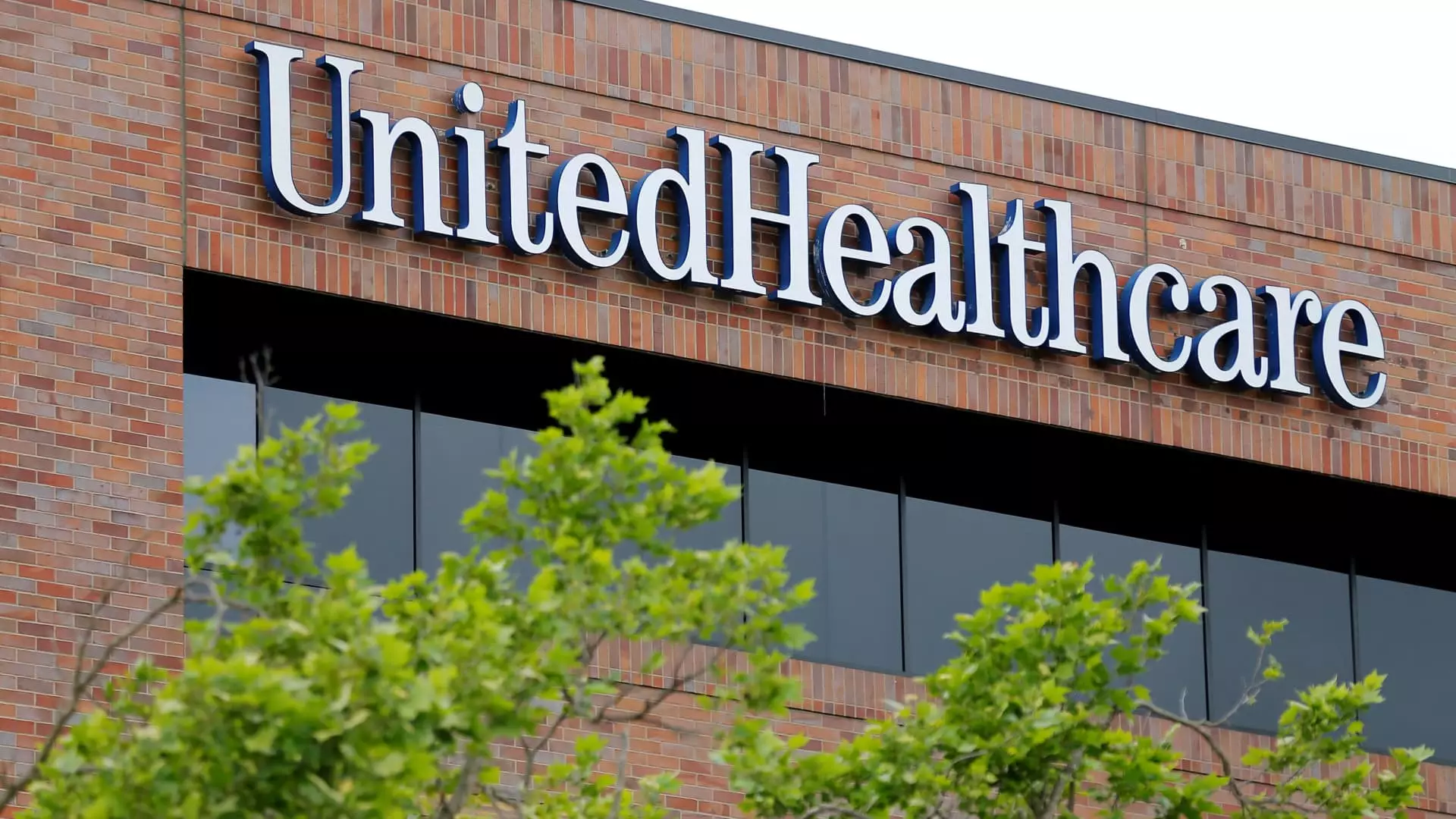In a turbulent span of time, UnitedHealthcare, the largest private insurer in the United States, finds itself entangled in a myriad of severe challenges. The company’s parent entity, UnitedHealth Group, is contending with a significant government investigation over its Medicare billing practices. Additionally, reports indicate that the company is pursuing costly employee buyouts while preparing for potential layoffs, signaling rising internal pressures amid external scrutiny. The appearance of public conflicts, particularly with billionaire investor Bill Ackman, adds fuel to an already volatile environment. These factors oscillate through a broader context of recent upheaval within the larger UnitedHealth Group, including the untimely death of a leading executive and the repercussions from a disastrous cyberattack.
According to recent reports, the Department of Justice (DOJ) is investigating UnitedHealth for alleged fraud linked to billing practices associated with its Medicare Advantage plans. This inquiry scrutinizes whether the insurer engaged in questionable practices to inflate diagnoses and trigger excessive payments—a concern echoed in prior investigative reporting. The Medicare Advantage program, designed to offer seniors enhanced benefits beyond traditional Medicare, has been fraught with rising costs, often attributed to aggressive billing strategies employed by private insurance firms like UnitedHealthcare.
UnitedHealth’s response to these allegations has been robust, dismissing the claims as “outrageous and false.” The company asserts that it consistently meets or exceeds industry standards regarding compliance with government regulations. However, the gravity of the situation remains, as the DOJ’s investigation is anticipated to be lengthy and complicated, mirroring the drawn-out nature of similar inquiries into other subsidiaries of UnitedHealth, such as Optum Rx.
Financial Impact: A Steep Decline in Stock Performance
With escalating concerns and investigations in the background, UnitedHealth Group’s stock has faced a dramatic downturn. Over the last few months, its shares have plummeted by approximately 23%, exacerbated further by a recent report detailing the ongoing investigation. The market’s reaction underscores investor apprehension regarding the impact of these allegations on UnitedHealth’s financial well-being. Financial analysts point to the potential for prolonged uncertainty as the investigation unfolds, recognizing it as an “incremental overhang” on the company’s market performance.
Despite these turbulent financial waters, RBC Capital Markets has tempered fears by predicting that while the DOJ investigation poses questions, a significant financial fallout is unlikely in the immediate future. Analysts emphasize a measured approach to the implications of the ongoing scrutiny, hinting that the turbulence may level off over time.
Corporate Restructuring: Employee Layoffs and Buyouts
Amidst these investigations and market fluctuations, UnitedHealthcare is reportedly initiating buyout offers to its employees, with an eye on potential layoffs should resignation targets not be met. This strategic decision appears to stem from a broader effort to streamline operations and cut costs, particularly through an increased reliance on digital technologies. As organizations adapt to rapidly changing economic conditions and post-pandemic realities, choices regarding workforce adjustments become paramount. However, the human cost of such actions cannot be overlooked, as employees grapple with uncertainty in job security amidst the backdrop of proposed layoffs.
The sentiment surrounding UnitedHealthcare continues to be fraught with tension, illustrated by the high-profile clash with investor Bill Ackman. Following his public call for an investigation into the company’s practices, Ackman’s position intensified concerns about the company’s ethical standing. Even after retracting certain statements under pressure from UnitedHealth legal representatives, the damage appears endemic; investor trust has been impacted. Public support for systemic reforms in the insurance sector has resurfaced, particularly highlighted in the wake of the assassination of UnitedHealthcare CEO Brian Thompson, igniting substantial scrutiny toward industry practices.
Cybersecurity Fears: The Aftermath of a Major Breach
The stakes for UnitedHealthcare have been further raised due to the ramifications stemming from a cyberattack on its subsidiary, Change Healthcare. Affecting the health information of around 190 million individuals, this incident signifies a staggering breach of trust and security. The consequential financial liabilities, amounting to approximately $3 billion paid to affected providers, illustrate the vulnerabilities in data security management, leaving both patients and investors wary. The lingering implications of this breach continue to haunt the company’s reputation and operational capacities in a digital age where cybersecurity is increasingly paramount.
As UnitedHealthcare navigates a confluence of challenges—government scrutiny, stock volatility, workforce restructuring, investor sentiment, and cybersecurity breaches—the outlook remains precarious. The outcomes of these multifaceted issues will undeniably shape the future of not only UnitedHealthcare but also the broader healthcare landscape in the United States. With stakeholder confidence wavering and regulatory bodies paying closer attention, the company must adapt swiftly to survive this pivotal moment. How UnitedHealthcare chooses to respond, and the integrity it delivers on its commitments, will ultimately define its trajectory moving forward and could serve as a pivotal case study within an industry yearning for reforms and improvements.

